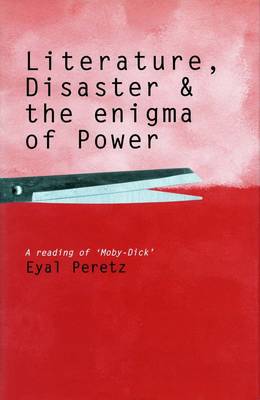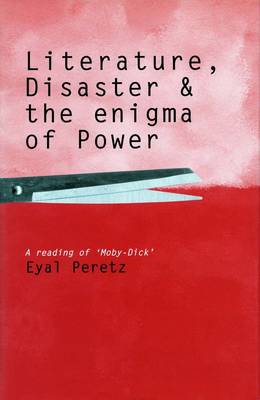
- Afhalen na 1 uur in een winkel met voorraad
- Gratis thuislevering in België vanaf € 30
- Ruim aanbod met 7 miljoen producten
- Afhalen na 1 uur in een winkel met voorraad
- Gratis thuislevering in België vanaf € 30
- Ruim aanbod met 7 miljoen producten
Literature, Disaster, and the Enigma of Power
A Reading of 'Moby-Dick'
Eyal PeretzOmschrijving
This powerful new reading of Moby-Dick brings into play some of the most consequential theoretical developments of the last three decades in philosophy, cultural studies, and literary criticism. It takes account of four trends in innovative critical thought: recent theories of power, as articulated by Foucault, Deleuze, Butler, and Agamben; theories of trauma and testimony developed by Felman and Caruth; the new thinking of ethics, articulated by Levinas and Derrida; and the new thinking of history developed by New Historicism. All four, the author argues, participate in a groundbreaking new elaboration of the concept of disaster. Moby-Dick's privilege, the author claims, anticipates this new thinking of the disaster and shows that it demands simultaneously a new thinking of the literary. Read from this perspective, Melville's novel can both be illuminated by these recent theoretical developments and, in turn, illuminate them, adding new and complex dimensions to their findings.
Specificaties
Betrokkenen
- Auteur(s):
- Uitgeverij:
Inhoud
- Aantal bladzijden:
- 192
- Taal:
- Engels
Eigenschappen
- Productcode (EAN):
- 9780804746144
- Verschijningsdatum:
- 19/12/2002
- Uitvoering:
- Hardcover
- Formaat:
- Genaaid
- Afmetingen:
- 147 mm x 224 mm
- Gewicht:
- 344 g

Alleen bij Standaard Boekhandel
Beoordelingen
We publiceren alleen reviews die voldoen aan de voorwaarden voor reviews. Bekijk onze voorwaarden voor reviews.











